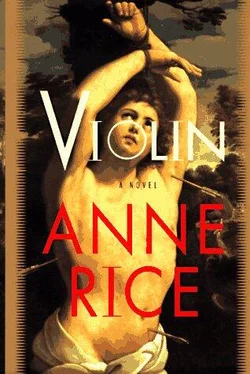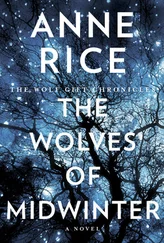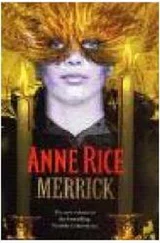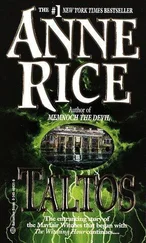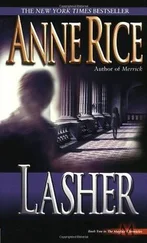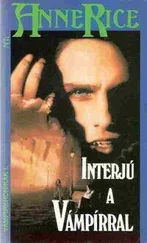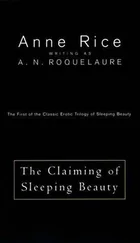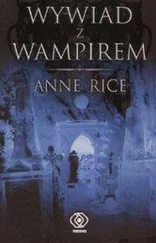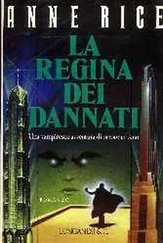It's like walking music, the music of someone walking doggedly and almost vengefully up a mountain. It just goes on and on and on, as though the person won't stop walking. Then it comes to a quiet place, as if in the Vienna Woods, as if the person is suddenly breathless and exultant and has the view of the city that he wants, and can throw up his arms, and dance in a circle. The French horn is there, which always makes you think of woods and dales and shepherds, and you can feel the peace and the stillness of the woods and the plateau of appiness of this person standing there, but then...then the drums come. And the uphill walk begins again, the determined walking and walking.
Walking and walking.
You can dance to this music if you want, swing from the waist, and do, back and forth like you're crazy, making yourself dizzy, letting your hair flop to the left and then flop to the right. You can walk round and round the room in a grim marching circle, fists clenched, going faster and faster, and now and then twirling when you can before you go on walking. You can bang your head back and forth, back and forth, letting your hair fly up and over and down and dark before your eyes, before it disappears and you see the ceiling again.
This is relentless music. This person is not going to give up. Onward, upward, forward, it does not matter now-woods, trees, it does not matter. All that matters is that you walk... and when there comes just a little bit of happiness again-the sweet exultant happiness of the plateau-it's caught up this time in the advancing steps. Because there is no stopping.
Not till it stops.
And that's the end of the Second Movement. And I can roll over on the floor, and hit the button again, and bow my head, and let the movement go on, independent of all else, even grand and magnificent assurances that Beethoven tried to make, it seemed, to all of us, that everything would someday be understood and this life was worth it.
That night, the night after Karl's death, I played the Second Movement long into the morning; until the room was full of sunlight and the parquet floor was glaring. And the sun made big beams through the holes in the curtains. And above, the ceiling, having lost all those headlights of the long night's traffic, became a smooth white, like a new page on which nothing is written.
Once, at noon, I let the whole symphony play out. I closed my eyes. The afternoon was empty, with only the cars outside, the never ending cars that speed up and down St. Charles Avenue, too many for its narrow lanes, too fast for its old oaks and gently curved street lamps, drowning out in their alien thunder even the beautiful and regular roar of the old streetcar. A clang. A rattle. A noise that should have been a racket, and was once I suppose, though I never in all my life, which is over half a century, remember the Avenue ever truly being quiet, except in the small hours.
I lay that day in silence because I couldn't move. I couldn't do anything. Only when it got dark again did I go upstairs. The sheets were still clean. The body was stiff.
I knew it was rigor mortis; there was little change in his face; I'd wrapped his face round and round with clean white cloth to keep his mouth closed, and I'd closed his eyes myself. And though I lay there all night, curled up next to him, my hand on his cold chest, it wasn't the same as it had been when he was soft.
The softness came back by midmorning. Just a relaxing of the body all over. The sheets were soiled. Foul smells were there. But I had no intention of recognizing them.
I lifted his arms easily now. I bathed him again. I changed everything, as a nurse would, rolling the body to one side for the clean sheet, then back in order to cover and tuck in the clean sheet on the other.
He was white, and wasted, but he was pliant once again. And though the skin was sinking, pulling away from the features of his face, they were still his features, those of my Karl, and I could see the tiny cracks in his lips unchanged, and the pale colorless tips of his eyelashes when the sunshine hit them.
The upstairs room, the western room, that was the one in which he'd wanted us to sleep, and in which he died, because the sun does come there late through the little attic windows.
This is a cottage, this huge house, this house of six Corinthian columns and black cast-iron railings. It's just a cottage really, with grand spaces on one floor, and small bedrooms carved from its once cavernous attic. When I was very little it was only attic then, and smelled so sweet, like wood all the time, like wood and attic. Bedrooms came when my younger sisters came.
This western corner bedroom was a pretty room. He'd been right to choose it, dress it so bountifully, right to fix everything. It had been so simple for him.
I never knew where he kept his money or how much it was, or what would become of it later. We had married only a few years before. It hadn't seemed a proper question to ask. I was too old for children. But he had given so generously-anything I desired.
It was his way.
He spent his days working on his pictures and commentaries on one saint, one saint who captured his imagination: St. Sebastian. He'd hoped to finish his book before he died. He had almost won. All that remained were scholarly chores. I would think of this later.
I would call Lev and ask Lev's advice. Lev was my first husband. Lev would help. Lev was a college professor.
I lay a long time beside Karl and as night came, I thought, Well, he's been dead now for two days and yo u've probably broken the law.
But what does it really matter? What can they do? They know what he died of; that it was AIDS and there was no hope for him, and when they do come, they'll destroy everything. They'll take his body and burn it.
I think that was the main reason I kept him so long. I had no fear of the fluids or any such thing, and he himself had been so careful always in the final months, demanding masks and gloves. Even in the filth after he died, I'd lain there in a thick velvet robe, my unbroken skin closing me in and saving me from any virus that lingered around him.
Our erotic moments had been for hands, skin against skin, all that could be washed-never the daredevil union.
The AIDS had never gotten into me. And only now after the two days, when I thought I should call them, I should let them know-only now, I knew I wished it had gotten me. Or I thought I did.
It's so easy to wish for death when nothing's wrong with you! It's so easy to fall in love with death, and I've been all my life, and seen its most faithful worshipers crumble in the end, screaming just to live, as if all the dark veils and the lilies and the smell of candles, and grandiose promises of the grave, meant nothing.
I knew that. But I always wished I was dead. It was a way to go on living.
Evening came. I looked out the little window for a while as the street lamps came on. As the lights of the florist shop went on, just as its doors to the public were locked.
I saw the flagstones ever more covered with the stiff, curling magnolia leaves. I saw how wretched were the bricks along the side of the frnce, which I ought to fix so no one would fall on them. I saw the oaks coated with the dust rising from the roaring cars.
I thought, Well, kiss him goodbye. You know what comes next. He's soft, but then it's decay and a smell that must have nothing, nothing to do with him.
I bent down and kissed his lips. I kissed him and kissed him and kissed-this partuer of only a few short years and such considerately rapid decline-I kissed him and though I wanted to go back to bed I went downstairs and ate white bread in slices from the wrapping, and drank the diet soda, hot from the carton on the floor, out of sheer indifference, or rather the certainty that pleasure in any form was forbidden.
Читать дальше
